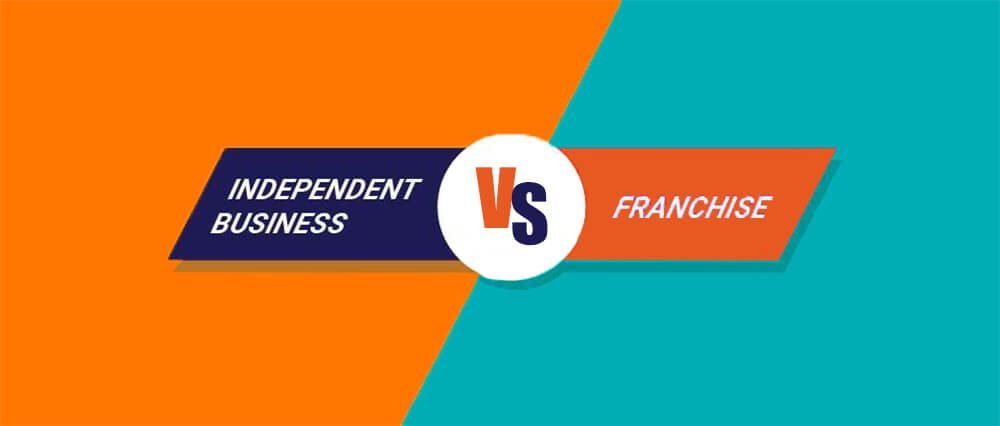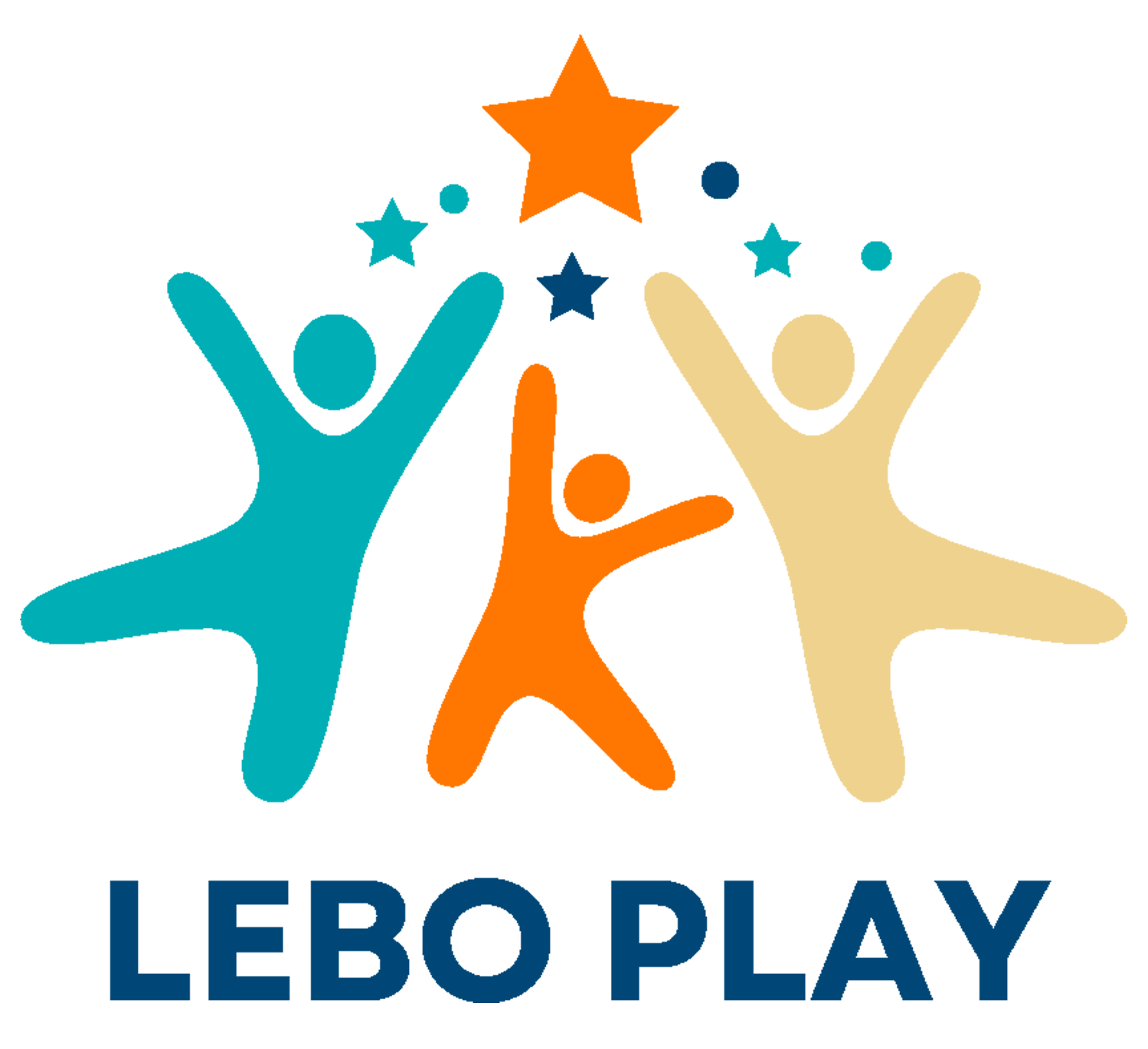Have you been dreaming of owning an indoor playground business? Can you picture the sounds of kids laughing, the buzz of activity, and a busy, family-friendly place that brings joy to your community? It’s an exciting vision, but deciding on the right ownership model can feel overwhelming. Should you buy into a franchise with a recognized brand, or go the independent route to build something that’s uniquely yours? This decision will impact everything from how much money you need to get started to what you do every day, and even how much money you make over time. Making the wrong choice could mean giving up your creative freedom or taking on risks you didn’t expect, so you need to weigh your options carefully.

Both franchise and independent ownership of an indoor playground have unique advantages and disadvantages. Franchises offer brand recognition and support, while independence gives creative control. Your choice should align with personal goals, finances, and risk tolerance for the best fit.
Understanding Franchise vs. Independent Ownership
Franchise Ownership
Franchise ownership is a business model where you (the franchisee) purchase the right to operate under an established brand name. For indoor playground franchises, this usually means you get to use the franchisor’s name, marketing materials, and follow their specific way of doing things. In exchange, you pay the franchise company an initial fee and then ongoing royalties. Many franchises help you find a location, negotiate a lease, design your space, and train your staff. This way you get to use a name everyone knows and a system that’s been proven to work, which can be helpful if you’re new to this business.
Independent Ownership
Independent ownership means that you start and operate the indoor playground without being connected to a franchise company. This means you control everything about your business, from what you brand it and how you market it to how you design it and run it. Without franchise fees or royalties, you can retain more profits, and you can work directly with vendors to create a space that’s unique to you. Independent owners often have more challenges when they first start, but they can change what they do and adapt to what people want and what’s happening in their local market much faster.
Key Differences Between Franchise and Independent Ownership
To help you decide what’s right for you, I’m going to break down the main differences between these two business models of owning an indoor playground across several areas: brand control, support, flexibility, costs, and risk.
1. Brand Control and Recognition
- Franchise: A franchise provides instant brand recognition, and can make it easier to attract customers. Families are likely to trust a well-known brand they’ve seen elsewhere, giving you a head start in building a loyal customer base.
- Independent: As an independent owner, you’ll need to build your brand from the ground up. While this can be challenging, it also allows you to create a unique identity that resonates with your local community.
2. Support and Training
- Franchise: Franchisors often provide extensive training and support to help you you overcome early challenges. This may include market analysis, location selection, design assistance, staff training, and ongoing marketing support. These guides are very helpful for first-time entrepreneurs.
- Independent: Independent owners need to handle everything themselves or you can hire external consultants to help you. While this approach offers greater flexibility, it may require more time and effort, especially if you’re new to the indoor playground industry. The good news is that nowadays almost most professional indoor playground suppliers can help you with everything from market research to indoor playground operations.
3. Creative Flexibility
- Franchise: Operating under a franchise limits your ability to change your business model, branding, and even promotions. Franchisors usually have strict guidelines that franchisees must follow to maintain brand consistency.
- Independent: As an independent owner, you have complete control. You can design a unique indoor play areas, come up with your own marketing strategy, and adapt quickly to your customers’ preferences. This flexibility can be a huge advantage in catering to local tastes and standing out from your competition.
4. Costs and Financial Commitment
- Franchise: Franchisees are often required to pay high upfront fees and ongoing royalties, which can reduce profit margins. For instance, some indoor playground franchises charge annual fees as high as $50,000. Additionally, because franchisees typically purchase indoor playground equipment through designated suppliers, the cost may be higher than if you purchased directly from the manufacturer.
- Independent: Independent owners don’t have to pay franchise fees and royalties, so you get to keep more profits in their pockets. You can also reduce costs by purchasing soft playground equipment directly from indoor playground vendors. This approach also allows for better budget control, allowing owners to allocate funds where they feel they will have the greatest return on investment.
5. Risk and Reward
- Franchise: Franchises operate with a proven business model, which reduces the risk of failure. Support system and established brand can make it easier for you to attract customers and generate revenue quickly. However, ongoing fees and restrictions may limit long-term profit potential.
- Independent: Independent businesses have a higher initial risk because you have to create your own brand and support systems. However, successful independent playgrounds can be more profitable in the long run because there are no royalties or fees, and owners have full control over growth strategies.
How to Decide Between Franchise and Independent Indoor Playground Ownership?
To make the best choice, consider the following factors and how they align with your goals, financial situation, and comfort level with risk.
1. Control and Autonomy
- Franchise: Are you comfortable following established guidelines and rules, even if it limits your decision-making?
- Independent: Do you value making decisions with full autonomy, adapting quickly, and building a unique brand identity?
2. Initial Investment and Cost
- Franchise: Can you manage the upfront franchise fee and ongoing royalties? This model can require a significant upfront investment.
- Independent: Would you prefer to avoid franchise fees and have the flexibility to negotiate directly with suppliers, potentially saving costs?
3. Support and Training
- Franchise: Do you value the structured support your franchisor offers, especially if you are new to the business world?
- Independent: Do you have the confidence to seek mentorship or outside guidance to build your business independently?
4. Brand Recognition
- Franchise: Is leveraging an established brand important to attracting an initial customer base?
- Independent: Are you willing to invest the time and effort to build brand awareness from the ground up, and do you believe it will be worth the long-term payoff?
5. Profitability Potential
- Franchise: Are you okay with sharing profits through royalties, even if it means potentially lower long-term earnings?
- Independent: Do you see the potential for higher profitability in the long run without franchise fees, relying on your ability to maximize profits independently?
6. Market Fit
- Franchise: Is there a strong demand for a franchise model in your area, and does it fit local tastes and demographics?
- Independent: Do you believe that customizing your playground to meet specific local preferences would be more beneficial?
7. Long-Term Goals
- Franchise: Are you looking for a business model that might be easier to sell or pass on due to standardized operations?
- Independent: Do you envision growing your business into multiple locations without franchise restrictions?
8. Risk Tolerance
- Franchise: Do you prefer a lower-risk path with the safety net of a proven business model?
- Independent: Are you comfortable with a higher level of risk in exchange for potentially higher rewards and complete control?
Make Your Decision Reasonably
Deciding between franchise and independent ownership of an indoor playground is a significant decision that depends on what’s important to you. Franchises gives you structure, a known brand, and a proven model, which is great for people who want a clear path with someone to help them along the way. On the other hand, independent ownership gives you freedom, creativity, and the potential for higher profitability, though you have to deal with a lot of challenges upfront and take on more risk.
Take some time to think about what you want, your financial situation, and your tolerance for risk. Whether you decide the security of a franchise or the freedom of an independent business, both paths can lead to success if you approach them with clarity and purpose.
If you’re ready to dive deeper into your options and explore custom indoor playground solutions, don’t hesitate to reach out to us at Lebo Play. Our team is here to help you every step of the way, whether you’re looking for franchise-compatible designs or fully customized playgrounds tailored to your vision.

